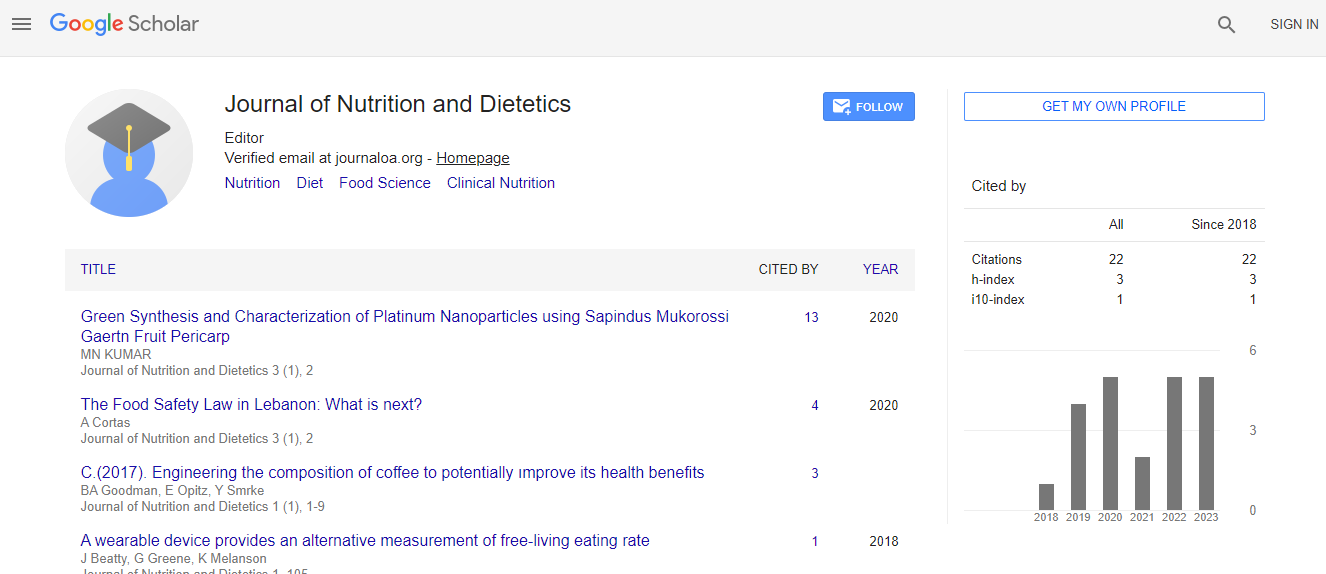Immunonutrition: Harnessing Nutritional Strategies to Modulate Immune Function
*Corresponding Author: Barbara Balsa, Department of Immunology and Food Microbiology, Institute of Animal Reproduction and Food Research, Poland, Email: barbarabalsa@gmail.comReceived Date: Mar 02, 2024 / Published Date: Mar 30, 2024
Citation: Barbara B (2024) Immunonutrition: Harnessing Nutritional Strategies toModulate Immune Function. J Nutr Diet 7: 231.
Copyright: © 2024 Barbara B. This is an open-access article distributed underthe terms of the Creative Commons Attribution License, which permits unrestricteduse, distribution, and reproduction in any medium, provided the original author andsource are credited.
Abstract
Immunonutrition, a burgeoning field at the intersection of nutrition and immunology, explores how dietary components can modulate immune function to enhance health outcomes. This review synthesizes current research on immunonutrition, focusing on the mechanisms through which specific nutrients and dietary patterns influence immune responses. Key nutrients such as vitamins, minerals, omega-3 fatty acids, and antioxidants are examined for their roles in supporting immune cell proliferation, regulating inflammatory pathways, and improving immune surveillance. Additionally, dietary patterns like the Mediterranean diet, rich in fruits, vegetables, and healthy fats, are discussed for their comprehensive impact on immune health. The influence of gut microbiota on immune modulation through dietary interventions such as prebiotics and probiotics is also explored. Clinical implications highlight the potential of immunonutrition in enhancing immune resilience and reducing the risk of infectious diseases, autoimmune disorders, and chronic inflammatory conditions. Future directions include advancing mechanistic understanding, conducting rigorous clinical trials, and developing personalized approaches to optimize immune function through dietary strategies. By harnessing the immunomodulatory properties of nutrition, immunonutrition offers promising avenues for improving public health and personalized healthcare practices.

 Spanish
Spanish  Chinese
Chinese  Russian
Russian  German
German  French
French  Japanese
Japanese  Portuguese
Portuguese  Hindi
Hindi 